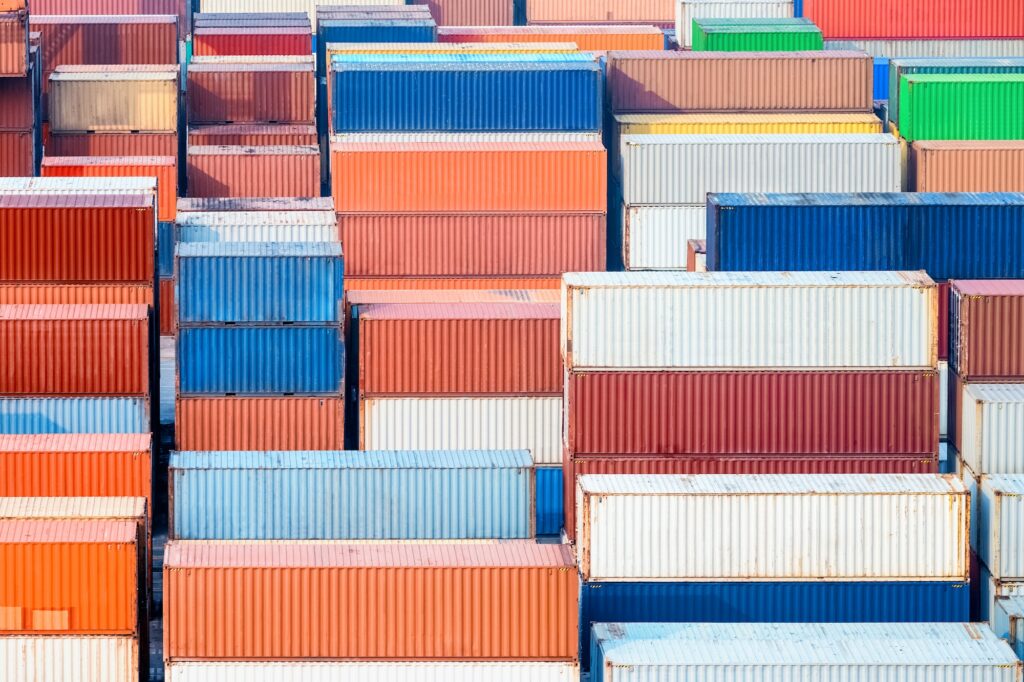With a team of experienced professionals, Hawthorne Global has been helping clients navigate the complex regulations and requirements of international trade since 1959. We ensure compliance and minimize the risk of costly delays or fines.
We leverage our extensive knowledge of customs procedures and tariffs to provide efficient and effective customs clearance services, from pre-clearance to final delivery. In addition, Hawthorne Global offers a range of value-added services, such as trade consulting, duty drawback, and compliance management, to help clients maximize their savings and minimize their risks.
Whether you are a small business or a multinational corporation, Hawthorne Global has the expertise and technology to help you achieve your customs brokerage goals. With its commitment to quality, safety, and customer service, Hawthorne Global is well-positioned to meet the demands of a rapidly evolving global marketplace.
When importing products from around the world, not all are treated the same when it comes through customs. Many products are controlled by various regulatory agencies such as the FDA, ATF, DOJ and others. They usually require extra inspection and clearance from customs before they can be transported across borders.
There is a wide range of cargo that requires this extra attention when going through customs including but not limited to:

Imported products that are regulated by the Food and Drug Administration have to follow all respective FDA laws that apply to the product being imported. Before sending them for review by the FDA, They must go through intake by the U.S. Customs and Border Protection, who will then submit them for FDA review.
Overall the entry submission process is very lengthy, tedious, and highly detailed. Even the slightest omission, inaccuracy, or missing component will get your shipment denied clearance.
The Department of Justice is the department of the federal government that is responsible for crime prevention and protecting the public.
The Bureau of Alcohol, Tobacco, and Firearms, ATF for short, is an agency under the DOJ umbrella that has a lot of roles within the shipping industry. That is because they regulate the importation of not just alcohol, but also tobacco products and guns of any kind. They ensure that products coming in under their jurisdiction are legally permissible and meet the standards required for commercial sale.
When shipping explosives and firearms to importers, the recipients must have the proper Federal Firearms License known as an FFL. Even if you are just importing gun parts and certain accessories, you’ll need to know the ATF regulations impacting those products.
As far as importing alcohol, one of the most challenging aspects is securing the proper permits and licenses. You must secure permits from the Alcohol and Tobacco Tax and Trade Bureau (TTB) and the states where you plan to sell the product. These permit application processes can be tedious and take a lot of time. Failure to secure these permits can not only result in delays but even confiscation of your shipment.
The Department of Agriculture (USDA) is a sizeable department of the federal government that many shippers deal with due to their wide scope of jurisdiction. The USDA is responsible for regulating the shipping of agricultural products and live animals and other organisms.
To control agricultural pest infestation and diseases from infiltrating the U.S., there is an agency within the USDA called the Animal and Plant Health Inspection Service (APHIS). To keep foreign pests from being introduced into U.S. agriculture, animals, wood, dirt, produce, and other items must be examined and/or treated thoroughly.
The FSIS, or Food Safety Inspection Service, is another agency within the USDA that many importers have to interact with. They ensure that all imported meat, poultry, and egg products meet U.S. standards for animal welfare, slaughtering, and processing.
Part of that effort includes auditing handling facilities which if they do not comply, can result in revocation of import privileges.
The Agricultural Marketing Service (AMS), also under the USDA handles a completely different aspect of the importation of regulated products. It has several critical responsibilities including ensuring compliance with labeling standards on agricultural products such as seeds, fruits, organic vegetables, and more. One other very important task is the inspection and grading of produce that is imported based on domestic counterparts as the standard.
The Department of Transportation (DOT) is a very prevalent government department, especially in Houston as many vehicle imports come through here for distribution nationwide.
The Department of Transportation (DOT) is responsible for the regulation of all things regarding transportation. Shippers that mainly deal with vehicle imports are always dealing with DOT regulations and compliance efforts.
Typically, the National Highway Traffic Safety Administration is the agency most shippers will end up dealing with. They regulate and enforce Federal Motor Vehicle Safety Standards for all vehicles sold in the U.S.—domestic or foreign. The NHTSA also handles the licensing of importers and manufacturers of not just vehicles, but vehicle parts as well. Unregulated vehicle parts are illegal in the U.S. and attempts to import such items can result in serious consequences.

We are your one-stop shop for international shipping, warehousing, domestic transportation, or customs brokerage. With Hawthorne Global, you can always expect the following:
To help us provide you the most accurate quote we can, please fill out the form below and we will contact you with a quote and more information.
If you have immediate needs, contact out Customs Brokerage experts at 1-866-525-7214